The electric jet operated by Saudia Airlines, created by German manufacturer Lilium, is a step toward medium-sized aircraft operating carbon-free flights.
Both firms are exploring beyond the initial order of 50 jets, which Saudia purchased for at least $7 million (Dh25.7 million) each, with an option for a further 50, as reported by Saudia, according to Daniel Wiegand, co-founder and head engineer for innovation at Lilium.
The electric jet operated by Saudia Airlines, created by German manufacturer Lilium, is a step toward medium-sized aircraft operating carbon-free flights.
Both firms are exploring beyond the initial order of 50 jets, which Saudia purchased for at least $7 million (Dh25.7 million) each, with an option for a further 50, as reported by Saudia, according to Daniel Wiegand, co-founder and head engineer for innovation at Lilium.
Apart from Lilium, there are seven other prominent producers of electric aircraft, which are mainly marketed as flying cars or air taxis. Neom, a future metropolis in Saudi Arabia, also makes use of a smaller, helicopter-like vehicle known as Volocopter.
The Lilium jet can land and take off vertically without the need for rotors. This design eliminates the need for runways by enabling rapid boarding and disembarking at urban helipads, albeit consuming more battery power.
The jet will be offered on a regular basis from Jeddah and Riyadh to neighboring tourism and religious sites within a 175-kilometer radius. It will be available in two configurations: a luxurious four-seater and a six-seater.
Wiegand emphasized that the electric jet creates substantially less noise and is less expensive to operate than a typical plane since battery packs are mounted on the wings rather than gasoline tanks.




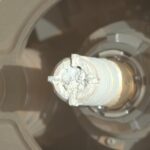



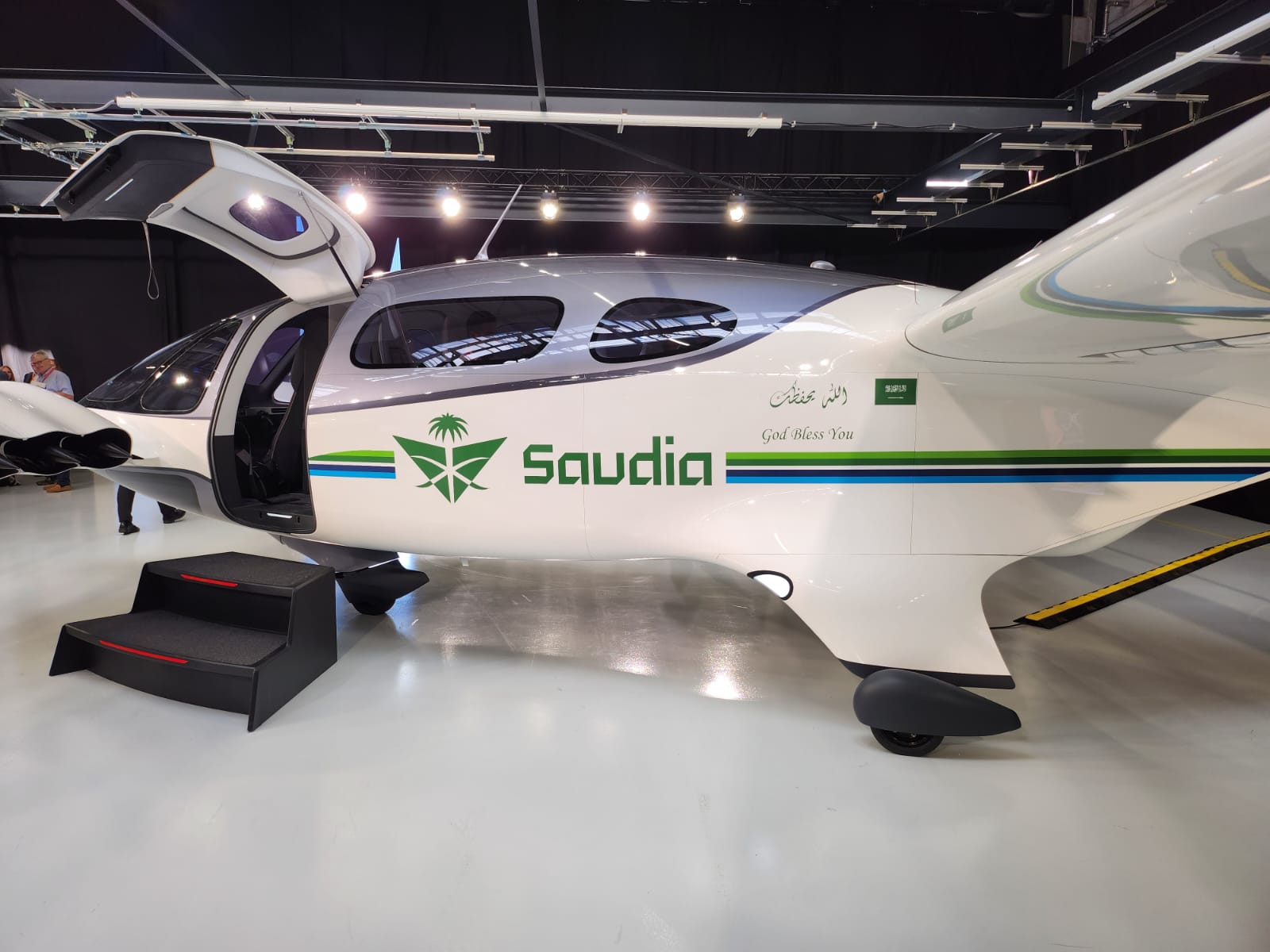


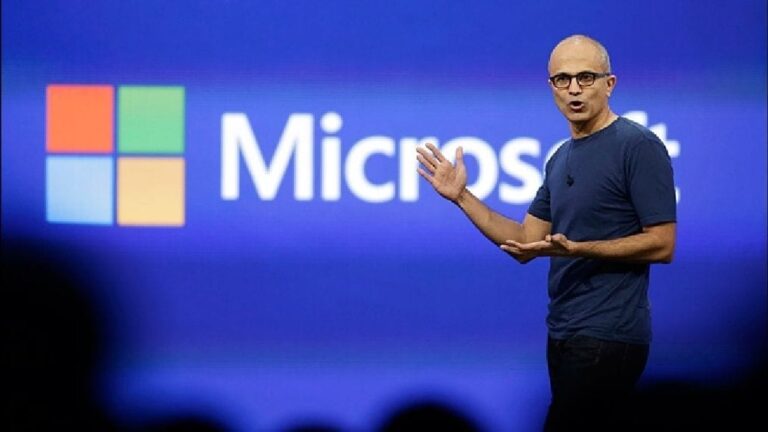


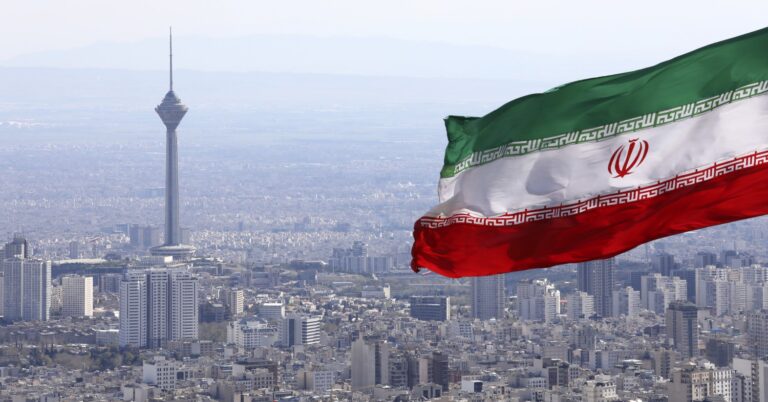





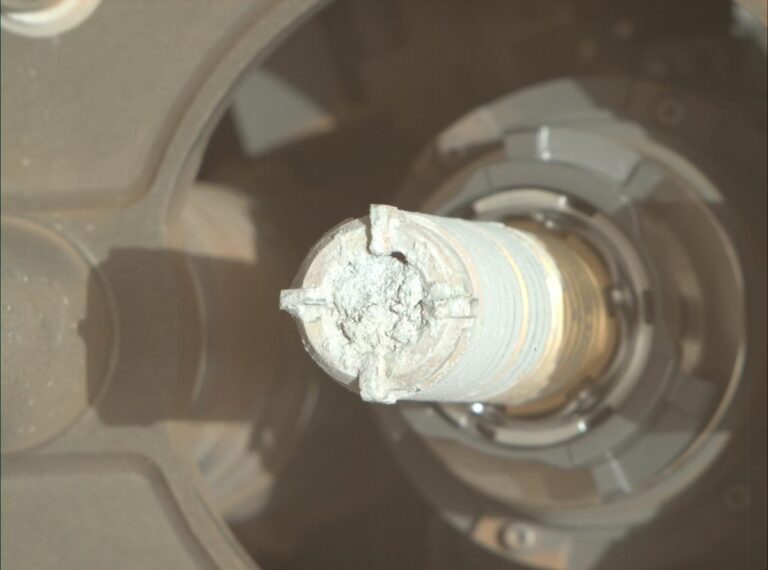

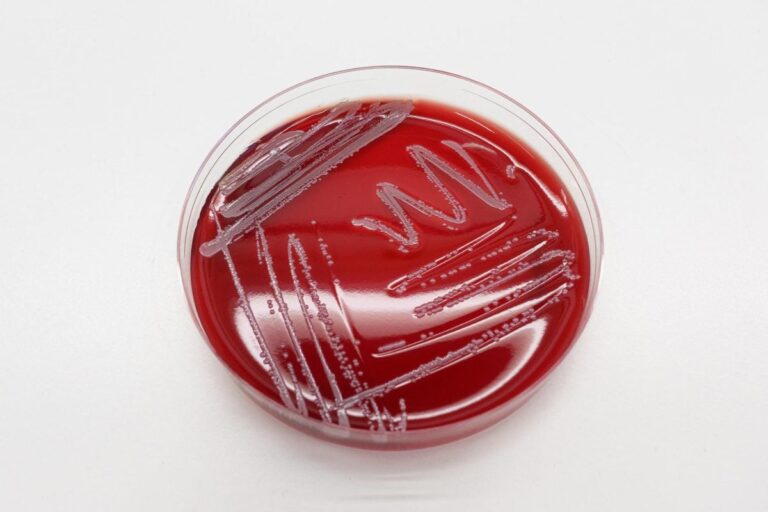
+ There are no comments
Add yours